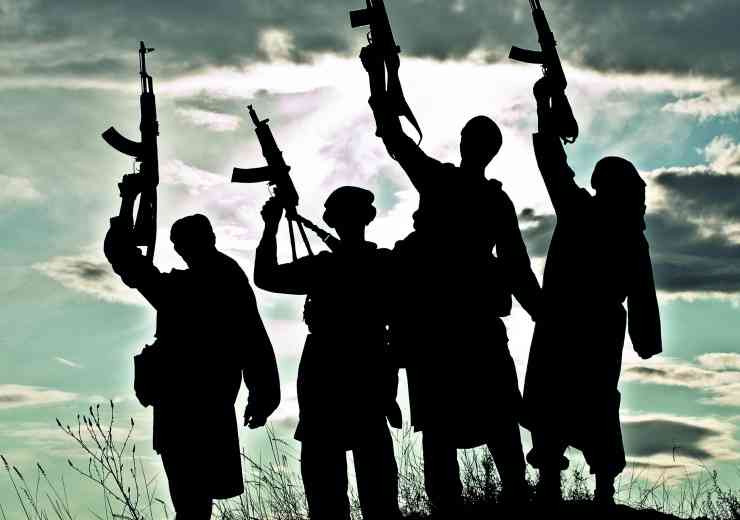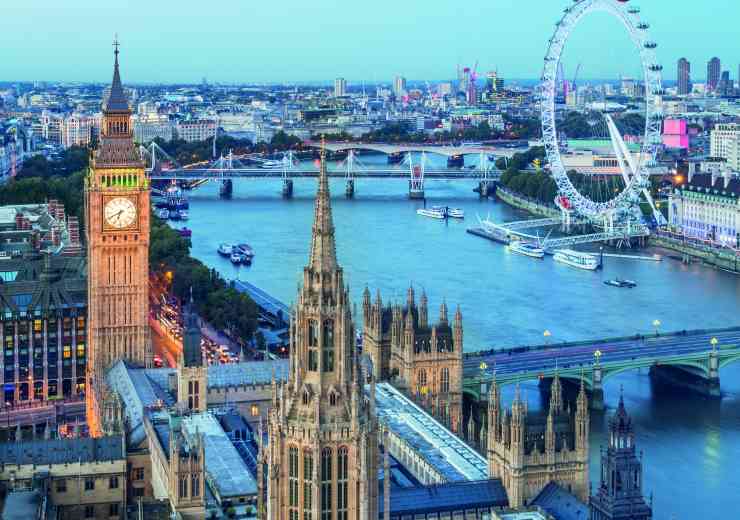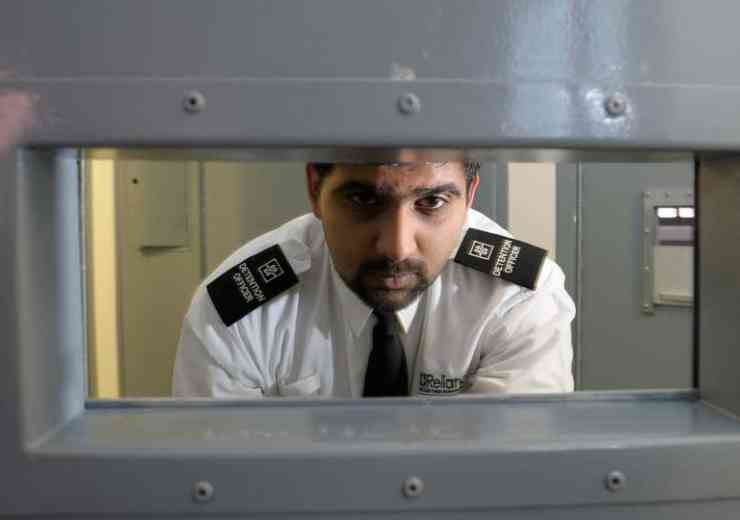
Why it is not a good idea to conflate hate and terrorism
All terrorists commit crimes that are based on some degree of hate: not all hate constitutes terrorism.
US pop star Taylor Swift, in her song Shake It Off, crooned 'And the haters gonna hate, hate, hate, hate, hate'. I am not a fan of her music but even I have to admit that particular hit was catchy.
Humans are capable of incredible heights - or depths - of hatred. Recent examples in human history include the Holodomor in Ukraine in the late 1920s and early 1930s, the Holocaust under the Nazis in the 1940s and the Rwandan genocide in 1994. If you look through Canadian linguist/psychologist's 2011 book The Better Angels of Our Nature: Why Violence Has Declined however, you would see that things were actually much worse on that front historically (thankfully, violence is going down, not up as many assume).
Nevertheless, hatred is still a part of the human condition and will most likely always be so. At times that hate manifests itself as invective and nasty words: at others in acts of heinous violence as the horrendous examples above note.
As societies we have a natural interest in undermining hate before it leads to deaths and injuries. When those efforts fail, however, we resort to arrests, trials and incarceration to deal with the assailants and the consequences of their actions.
In most nations the crimes with which hatemongers can be charged range from assault to murder, or conspiracy to commit both offences. In some jurisdictions, like Canada, judges have the leeway to impose stiffer sentences when it is shown that the actions were motivated by hate (section 319 of the Canadian Criminal Code).
What does this have to do with terrorism? Simply put, there are some who want to conflate hate crimes with terrorist ones: that to my mind is a mistake and likely to lead to unwanted consequences.
Terrorism is a subset of hate, not a synonym. Terrorists and terrorist movements are ideologically-driven to commit serious acts of violence, whether that underlying ideology is religious, political or other in nature. These ideologies usually, if not always, have a hate element if they are not completely riven with hatred towards an identifiable group (or in the case of Islamist extremism many such groups: women, the West, LGBTQ, other Muslims, etc.).
Many hatemongers are not, however, tied to an ideology: they just really, really hate. Combining the two groups and prosecuting them identically is a bad idea. Proving that a given individual targeted someone for his/her actions is relatively straightforward: proving that a deep-seated ideology was the primary reason is much more complicated.
Nevertheless, there are calls for more crimes to be treated as acts of terrorism. The leader of Sweden's centre-right opposition has called for the country to use its far-reaching terror legislation against gang criminals. A London (Ontario) court charged a man who appears to have deliberately run over a family of Muslims, killing four and wounding one, with terrorism, despite the lack of publicly-available information indicating that an ideology was at the root of the act.
To this we have to add the call for violent 'incels' ('involuntary celibates') to be treated as 'terrorists'. Some see conspiracy theorists (like QAnon) in the same boat. To my mind this is muddling what is and what is not terrorism (fully recognising that the definition has changed over time).
One aspect that is lost in this debate is the question of which organisation will be tasked with investigating and preventing these violent acts. Law enforcement? Security intelligence agencies? Where will the resources come from? What priorities will these investigations be accorded? What other priorities will be shunted aside?
How long is it before some demand that spousal (or child) abuse be labeled acts of terrorism? After all, these are clearly hate-filled violent incidents. If so, where does this all end?
What if court cases fail when the Crown/prosecution is unable to prove terrorism beyond a reasonable doubt? Will ne'er-do-wells walk free? Will this undermine real terrorism cases?
In my way of seeing things we need to use the terrorism moniker LESS not MORE frequently. We have 'terrorism on the brain' and see it as an expanding scourge with existential implications despite evidence to the contrary.
We have the laws and means to go after those who strike out in hateful ways. We do not need to call all these individuals 'terrorists'. When everything is terrorism in effect nothing is.
Phil Gurski is the President and CEO of Borealis Threat and Risk Consulting in Canada and a 32-year Canadian intelligence veteran. His latest book The Peaceable Kingdom: A history of terrorism in Canada from Confederation to the present is available on his website.















